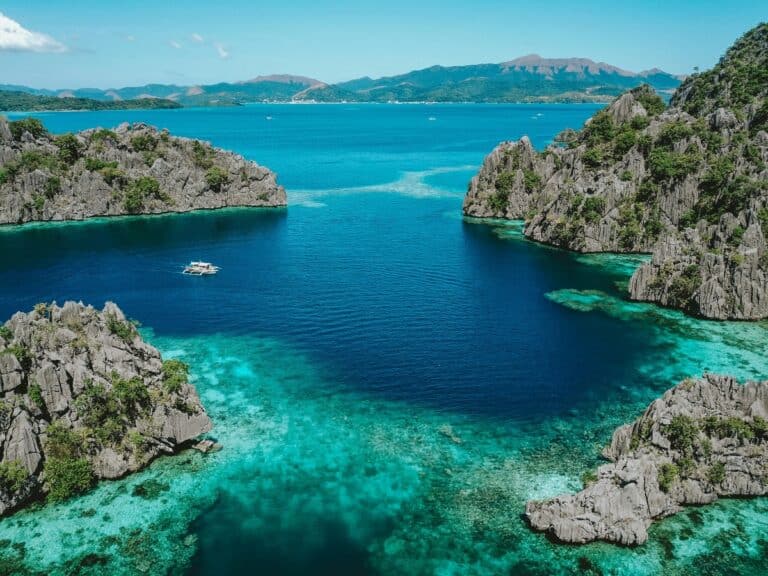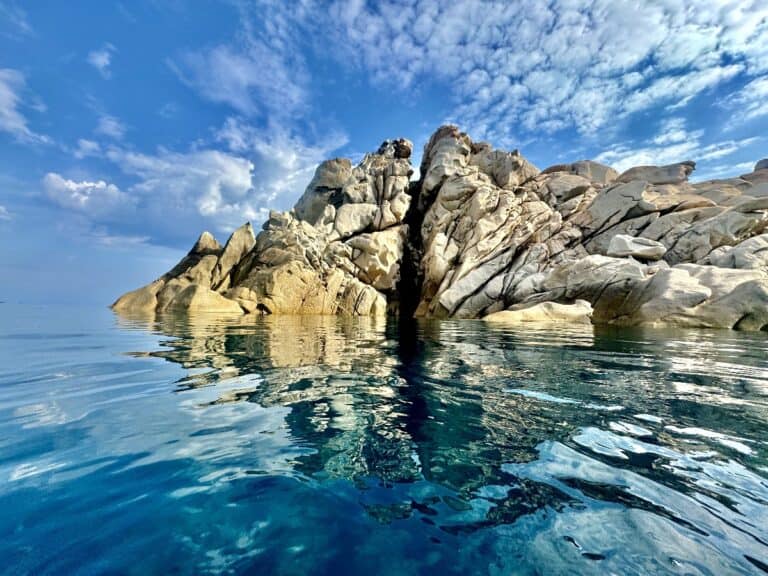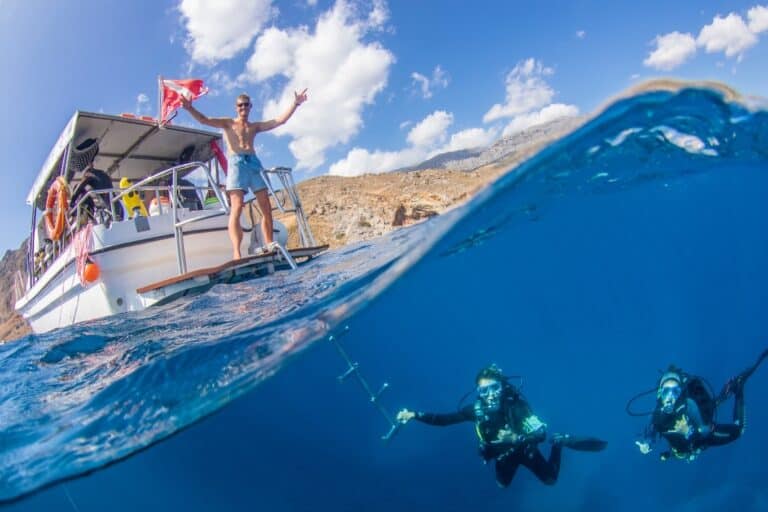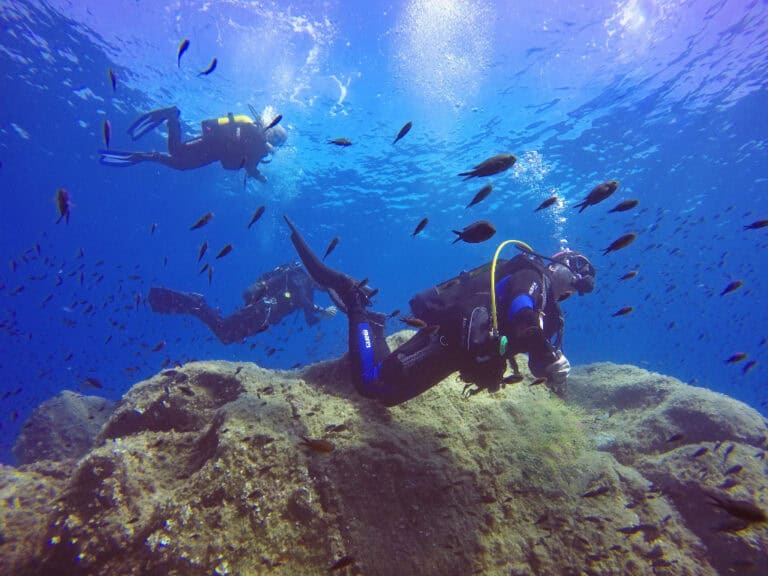Family Diving: 5 Essential Things You Should Know


Taking your family on a diving trip opens up a world of adventure, discovery, and unforgettable shared experiences. As an experienced diver and travel blogger who’s dived with my own family across many destinations, I have seen firsthand the joy that family diving trips bring.
Imagine the added joy when diving with brothers and/or sisters who are divers too. The underwater laughs, shared moments of excitement when spotting something rare, and the unique camaraderie that only siblings can have—all these enrich the experience immeasurably. Together, you bond over each dive and cherish these memories long after you’ve surfaced.
If you’re thinking of introducing diving to your children, picture the joy on your child’s face when they see their first sea turtle or colorful coral reef up close. These moments of awe and wonder not only create lasting memories but also spark a lifelong appreciation for the ocean.
You can even bring along your parents if they’re up for the adventure. Watching you and your siblings dive into the depths with confidence and skill, they’ll have the chance to see you all looking badass in your diving gear, making them proud and maybe even inspiring them to try new things.
And it’s not just about diving—there are plenty of activities for non-divers, too. From boat rides and beach days to cultural tours and local cuisine, there’s something for everyone to enjoy.
Based on my experiences diving with family, including my adventurous siblings, I’ve learned that with the right preparation, these trips can be truly magical. Here are five crucial tips to ensure that your family diving holiday is safe, enjoyable, and unforgettable.
1. Age and Certification Requirements
Diving is an incredible activity, but it requires proper certification, and age is a crucial factor in determining when your children can start.
With organizations like PADI (Professional Association of Diving Instructors), there are excellent programs tailored to different age groups and skill levels.
With PADI, children as young as 8 can begin with the Bubblemaker program in a pool setting. This introductory course gives young kids a fun and safe experience with scuba diving.
From age 10, they can advance to the Junior Open Water Diver course, which allows them to dive up to 12 meters (40 feet) under professional supervision.
PADI also offers the Seal Team program, which is fantastic for kids not yet old enough for the full Open Water course. This program introduces them to basic diving skills and underwater missions in a fun and educational pool setting.

It’s important that all family members who wish to dive are properly certified or enrolled in an appropriate course. Ensuring everyone is trained not only guarantees safety but also enhances the overall enjoyment of the diving experience.
For older children and adults new to diving, known diving organizations such as PADI or SSI (Scuba Schools International) offer comprehensive Open Water Diver courses.
These courses cover the fundamentals of diving, including dive theory, skills practice in a pool, and open water dives. These prepare participants for independent diving within the limits of their certification.
PRO TIP: Consider booking courses in advance and look for family discounts with reputable dive centers. Many centers offer multi-family deals, which can save you money.
2. Choosing the Right Destination
Choosing the right destination is crucial for a successful family diving trip. You want locations with dive sites that are safe, visually rewarding with shallow reefs, and abundant marine life, but with minimal currents.
Family-friendly resorts often provide amenities and services tailored for young divers, including pools for practice and specialized instructors.
Destinations like the Florida Keys or the Great Barrier Reef in Australia are ideal because they cater to all experience levels. These sites have shallow, calm waters for beginners to more challenging dives for the certified members of the family.
These locations often also feature interactive marine education centers to engage children with the ecosystem.
Dauin and Apo Island in the Philippines are also incredible options. Dauin is known for its beautiful sandy slopes and marine biodiversity. This makes it great for younger divers to explore beautiful underwater ecosystems without challenging currents.
Nearby, Apo Island offers an ideal mix of calm, shallow sites and abundant marine life, including sea turtles (lots of them), clownfish, and coral gardens that are perfect for family diving.
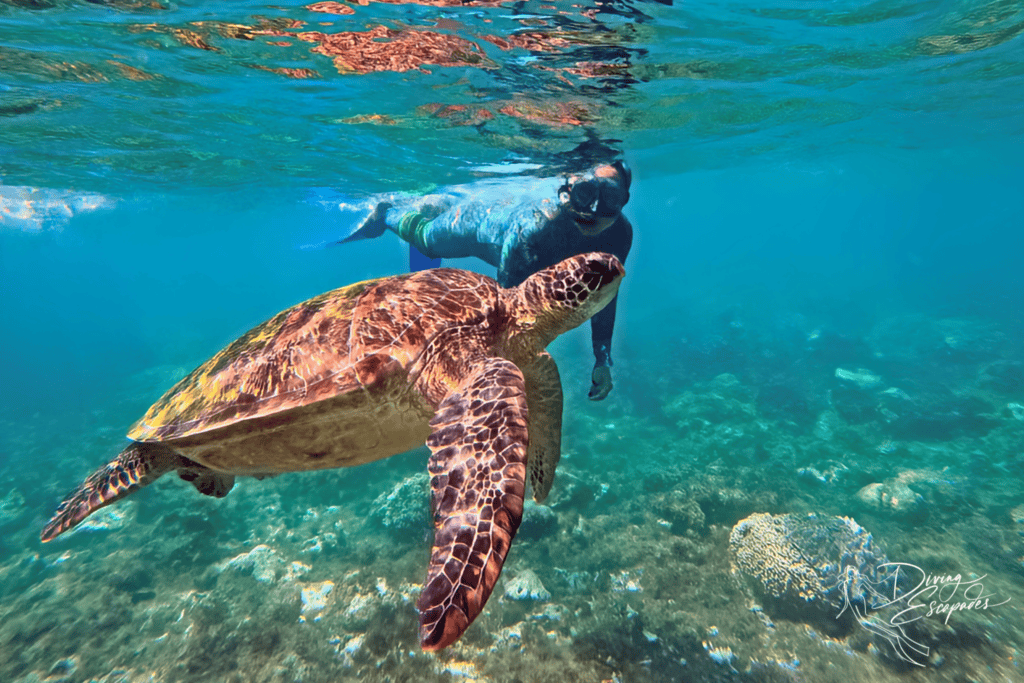
Another fantastic destination that we have tried is Marina di Campo on Elba Island, Italy. This beautiful Mediterranean spot offers a mix of shallow, protected dive sites perfect for beginners and children.
The clear, calm waters are teeming with marine life, providing an excellent environment for young divers to explore and gain confidence. The region also boasts several diving schools and family-friendly resorts that offer tailored diving programs and activities for children.
3. Preparation and Safety
Preparation and safety are important when planning a family diving trip. Before you head out, get a medical professional to evaluate each family member to confirm they are fit to dive.
This step is crucial to ensure that everyone is physically capable and free from any conditions that might pose risks while underwater. For children, particularly, a medical check-up can identify any issues that might not be apparent but could affect their ability to dive safely.
Additionally, it’s important to select a dive operator who provides thorough pre-dive briefings. These briefings should cover the specifics of the dive site, including any potential hazards, the expected marine life, and the dive plan.
The operator should also review emergency procedures and ensure everyone understands their role in maintaining group safety.

It’s also wise to have a plan for surface intervals and non-diving days. These breaks are necessary for avoiding decompression sickness and provide opportunities for rest and recovery.
During these times, engage in other activities that the destination offers, such as sightseeing, snorkeling, or simply relaxing on the beach.
Lastly, keeping an eye on weather conditions is essential. Even the best-planned dive can be jeopardized by bad weather.
Always check the local weather forecast and be prepared to adjust your plans if conditions are unfavorable. Trust the advice of local experts and your dive operator when it comes to making decisions about when and where to dive.
PRO TIP: Bring lightweight, reusable dive bags to help everyone keep track of their gear and ensure everything stays organized. A packable mesh bag is ideal for storing wet gear separately and can be easily stowed away when not in use.
4. Equipment for Everyone
Having the right equipment is essential for a safe and comfortable dive, especially for children. Poorly fitting gear can compromise safety and detract from the overall experience.
Many dive shops offer specially designed children’s gear, including smaller masks, snorkels, fins, and wetsuits.

These items are tailored to fit a child’s proportions more accurately, ensuring they provide the necessary comfort and protection. Using gear that fits properly can significantly enhance a child’s confidence and enjoyment while diving.
Before the trip, familiarize your children with the equipment they will use. Allowing them to practice in a swimming pool can greatly increase their comfort level in the ocean.
This controlled environment is perfect for getting used to the feeling of the gear, practicing breathing through the snorkel or regulator, and understanding how the equipment works.
This practice can help reduce anxiety and build familiarity with the sensations and mechanics of diving. This makes the transition to open water much smoother.
PRO TIP: When buying or renting gear, ask your dive shop for options that prioritize comfort and quality. Some dive shops offer family packages or multi-rental discounts, which can be great for extended trips.
5. Engaging Activities for Non-Divers
Not everyone may want to dive, and even divers need surface intervals.
Choosing a location with a variety of activities ensures that everyone has a fulfilling holiday. Many dive destinations are near natural attractions, cultural sites, or offer adventure sports like hiking, kayaking, or bird-watching.
PRO TIP: Look into multi-activity passes at your destination that combine excursions, cultural sites, and adventure sports. Some locations even offer family discounts or group passes that cover several activities. This can be a cost-effective way to keep non-divers entertained.
For instance, when we visited Waikiki in Honolulu, Hawaii as a family, some of us explored the artificial reefs like Kewalo Pipe Reef and Sea Tiger Shipwreck. Meanwhile, the non-diving family members enjoyed hiking Diamond Head, swimming at Waikiki Beach, lounging in bars, and shopping. This variety of activities kept everyone engaged and happy throughout our vacation.
Check out some activities for non-diving family members below:
The Wrap-Up
Ultimately, planning a family diving trip is about so much more than just ticking off underwater sights. It’s about crafting unforgettable memories that you’ll be laughing, reminiscing, and probably exaggerating about for years to come!
With the right planning and a dash of adventure, diving can become a treasured part of your family’s story, something that pulls you all together in ways few other experiences can.
Some of my favorite moments aren’t just about the dives themselves, but those shared memories afterward. Like the stories of encounters with hungry turtles, and the hilarious mishaps with dive gear. Even that time when half the family decided the beach bar looked way more inviting than the reef.
Whether you’re diving or just soaking up the local culture, a well-planned family diving trip leaves everyone with something to enjoy.
So, embrace the adventure! Let each dive, each laugh, and even each “I can’t believe we did that!” moment add to your family’s collection of epic stories. These are the moments you’ll cherish, maybe embellish, and absolutely never forget.
Safe travels and happy diving!

